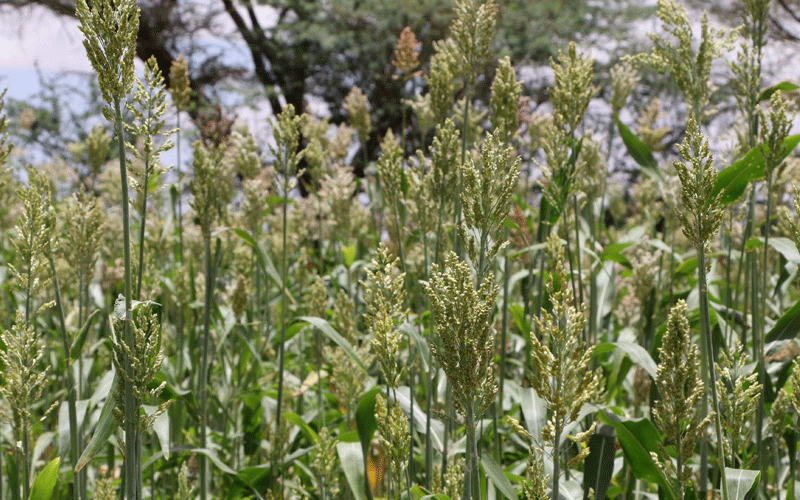Growing jobs for youth in the agriculture sector

Globally, digital technologies and innovations are becoming a driving force in the expansion of opportunities in the agriculture sector. Several innovations are transforming the value chain, making it a new front for employment creation and livelihood enhancement and diversification, particularly among the youth. In Kenya, areas in the agriculture value chain that have enjoyed strong growth in the use of tech include service delivery for smallholders, financial services, enterprise development, market access, data analytics and climate-smart agriculture.
Despite the agriculture sector’s potential, and Kenya is home to many innovative start-ups on digital agriculture, the country’s agricultural industry has not achieved significant transformation. This has, in turn, limited the employment opportunities for youth. Fragmented approaches, restrictive policies and interventions and failure to integrate youth policies with development in the sector continue to stifle the sector contribution to national development and job creation.
Kenya is endowed with an energetic, talented and creative youth. Engaging this population in agriculture value chains can improve food security and reduce unemployment.
Vision 2030 aims to create a globally competitive and prosperous nation with high-quality life by 2030. On the other hand, agriculture is one of the sectors in the economic pillar expected to sustain a 10 per cent growth into 2030. Marrying the two and providing the necessary innovative spaces will help tackle youth unemployment.
The government has developed several policies and frameworks to create opportunities for youth engagement in agriculture, especially in the fields of Small and Medium Enterprises (SMEs) and Digitalising Agriculture, including the Agricultural Sector Transformation and Growth Strategy 2019-29; the Kenya Youth Agribusiness Strategy (2018-22); the Kenya Vision 2030, Medium Term Plan III, and the President’s Big Four agenda. Internationally, Kenya is a signatory to several initiatives to open the agricultural value chain—the Sustainable Development Goals, Agenda 2063 and the AU-NEPAD-led Comprehensive Africa Agriculture Development Programme.
However, policies and regulatory frameworks are not enough because often, thy are not informed by robust evidence that considers youth voices. For example, studies have pointed to challenges in the agricultural sector that disrupt the potential to create jobs and attract the youth such as inadequate skills and knowledge, lack of appropriate and relevant sector information, limited access to financial services and attitude towards agriculture. A focus on subsistence approach to agriculture rather than commercialisation is also a significant driver of low productivity. Policy and regulatory environment remain a significant barrier to youth engagement in Agri-preneurship, partly because of the limited research and technology development investments, meaning these lack actionable evidence.
A study by the Partnership for African Social and Governance Research (PASGR), through its Utafiti Sera (research-policy) programme, the Centre for Africa Bio-Entrepreneurship (CABE) and Alternatives Africa on Youth Employment Creation (YEC) in Agri-business and Agro-processing in the potato and mango value chains established that if the country fixes the sector, there is the potential to create 3.2 million jobs in the mango value chain and 3.3 million jobs in the potato value chain annually through inter-sectoral linkages.
PASGR and partners convened various stakeholders to chat a pathway for youth job creation in mango and potato value chains using the evidence. The evidence from the study and dialogue with stakeholders, including youth, identified numerous opportunities for evidence-informed transformation at different stages of the value chain—soil analysis, seed production, weeding, harvesting, transportation, value addition, marketing and training.
Trends in Kenya’s economy show connecting the agriculture sector with other rapidly growing sectors such as hospitality, e-commerce and social loans can generate substantial business opportunities and increase jobs for youth empowerment.
Several stakeholders will be discussing this evidence, among other innovations, in next week’s two-day Utafiti Sera National Conference on Youth Employment Creation starting Thursday in Nairobi. The forum will focus on how policy actors can work together leveraging the potato and mango value chains for economic empowerment.
—Dr Odame is the Executive Director, Centre for African Bio-Entrepreneurship while Dr Atela is the Head of Research and Policy at PASGR and the programme lead for Utafiti Sera














